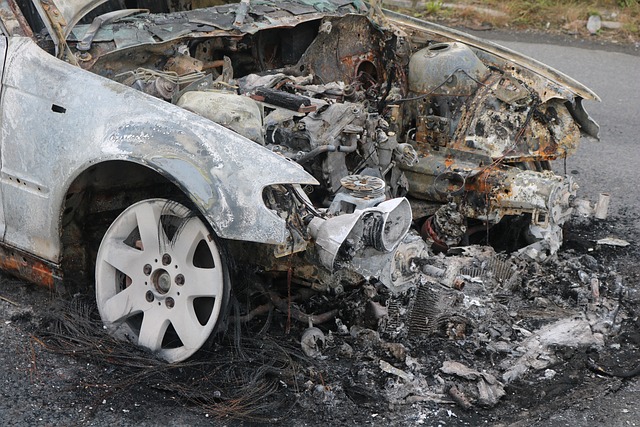Collision coverage is a vital part of many auto insurance policies, designed to protect your vehicle in the event of an accident. Whether you’re navigating crowded streets or dealing with unexpected mishaps, understanding what collision coverage typically pays for can help you make informed decisions about your insurance.
Key Scenarios Covered by Collision Insurance
Collision coverage pays for damages to your vehicle resulting from various types of accidents, including:
- Collisions with Other Vehicles: If you’re involved in a crash with another car, collision coverage helps cover the repair costs for your vehicle, regardless of who was at fault.
- Single-Vehicle Accidents: Damages from incidents like hitting a tree, pole, or guardrail are covered under collision insurance.
- Rollovers: If your car flips over due to slippery roads or high-speed turns, the resulting damages are covered.
- Hit-and-Run Incidents: In many cases, collision coverage can assist with repairs if your car is damaged by a hit-and-run driver.
How Are Payouts Calculated?
Collision coverage payouts are calculated based on the cost to repair your vehicle or its actual cash value (ACV) if it’s deemed a total loss. Factors that affect the payout include:
- Repair Costs: If your car is repairable, the insurance will cover the expenses after you’ve paid your deductible.
- Total Loss: If the cost to repair the vehicle exceeds its market value, the insurer will reimburse you for the ACV minus your deductible.
For more information on insurance valuations, check out Is Boat Insurance Legally Required?.
What Is Excluded from Collision Coverage?
While collision coverage provides robust protection, there are specific exclusions:
- Non-Collision Events: Damages from theft, vandalism, or natural disasters fall under comprehensive insurance.
- Mechanical Failures: Routine wear and tear or mechanical breakdowns are not covered.
- Injuries: Medical expenses for you or passengers are handled by medical payments or personal injury protection coverage.
Personal Experience: How Collision Coverage Saved Me
A few years ago, I was driving home on a rainy night when I lost control of my car and slid into a guardrail. The damage to my car’s front end was significant, and the repair bill came to over $4,000. Thankfully, my collision coverage kicked in, and after paying my $500 deductible, my insurer covered the rest. Without this coverage, the financial burden would have been overwhelming.
Why Deductibles Matter
Your deductible is the amount you pay out of pocket before your insurance coverage applies. Choosing a higher deductible can lower your premiums but increases your upfront costs in the event of a claim. For example:
- A $500 deductible means you’ll pay $500, and your insurer will cover the remaining costs.
- A $1,000 deductible reduces your premium but requires a larger upfront payment for claims.
Does Collision Coverage Apply to All Vehicles?
Collision coverage is available for a variety of vehicles, including cars, trucks, and motorcycles. For those who own boats, insurance options may vary. Learn more about specific scenarios in Does Boat Insurance Cover Me in International Waters?.
When Should You File a Claim?
Filing a collision coverage claim depends on the extent of the damage and repair costs:
- Minor Damage: For small dents or scratches, it might be more cost-effective to pay out of pocket rather than filing a claim.
- Significant Damage: When repair costs exceed your deductible, filing a claim is generally the better option.
Conclusion
Collision coverage provides essential financial protection for a variety of accidents, ensuring that you’re not left to bear the full cost of repairs or replacement. By understanding what this coverage pays for and how it works, you can make informed decisions that align with your needs and budget. Whether it’s a minor fender bender or a major collision, having collision coverage can make all the difference in safeguarding your financial stability.



